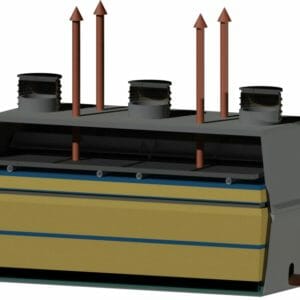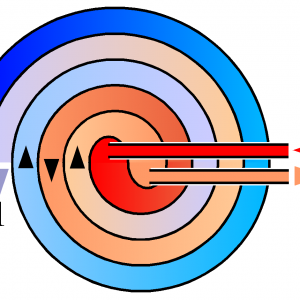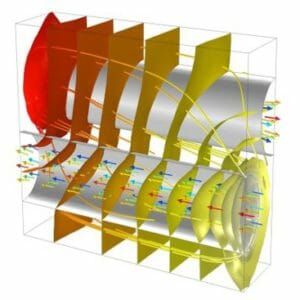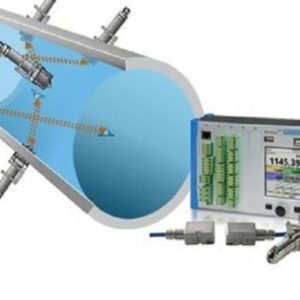Subtotal: $75.00
E – 1871 Decarbonization – Introduction to Fuel Cells
$125.00
Courses Included
A fuel cell is an electrochemical device that uses hydrogen or hydrogen-rich fuel and an oxidant to make energy. Fuel cells are increasingly seen as a reliable green energy alternative to polluting processes based on combustion from diesel and gasoline engines to coal-burning power plants. Rather than burning fuel to create electricity, fuel cells rely on an electrochemical reaction—which does not produce greenhouse gases. They offer significant energy efficiency and decarbonization benefits to a range of industries—including stationary power generation, automotive and heavy transport.
Fuel cells can run on a wide range of fuels, ranging from gaseous fuels such as hydrogen and natural gas to liquid fuels such as methanol and gasoline. If pure hydrogen is used as a fuel, fuel cells emit only heat and water as a byproduct.
Various types of fuel cells have been developed over the last few decades such as Alkaline fuel cell (AFC), Direct Methanol fuel cell (DMFC), Phosphoric Acid fuel cell (PAFC), Molten Carbonate fuel cell (MCFC), Solid Oxide fuel cell (SOFC), and Proton Exchange Membrane (PEM) fuel cell.
This 5-hour course introduces fuel cell technology and explores the merits and downsides of various fuel cell types, as well as their appropriateness for various applications. The course also aims to present the technical and economic challenges of introducing this technology.


 E - 1104 Domestic Wastewater Treatment Overview
E - 1104 Domestic Wastewater Treatment Overview 



